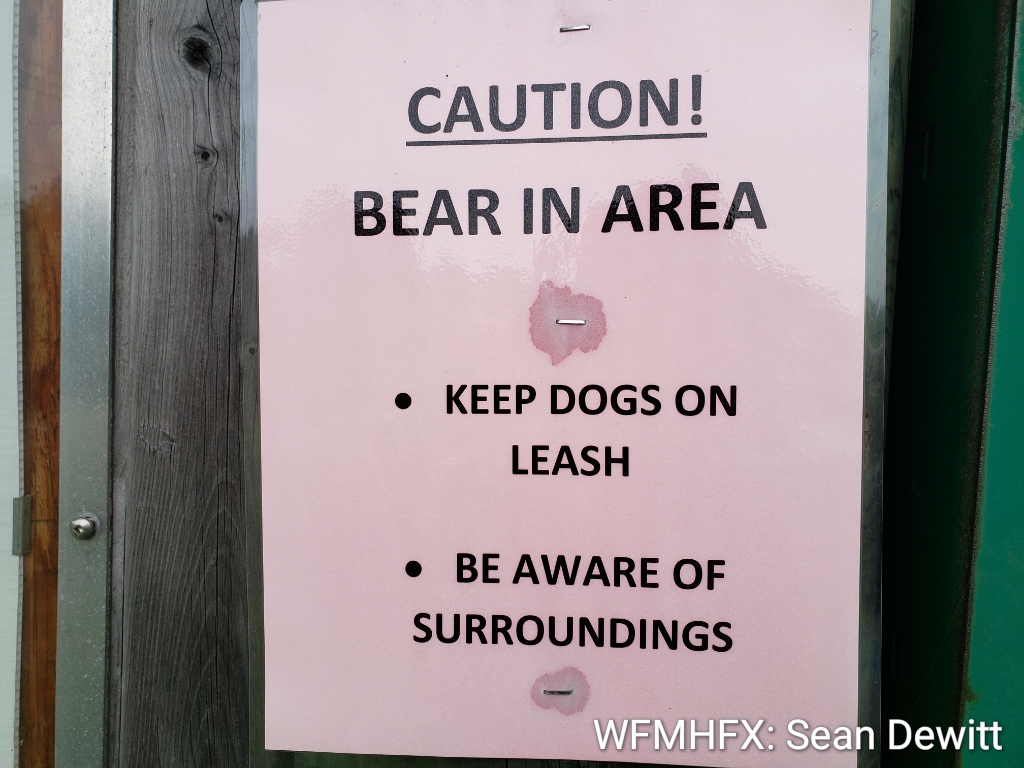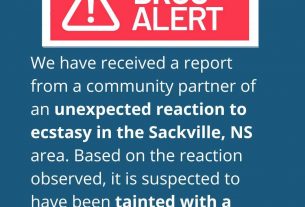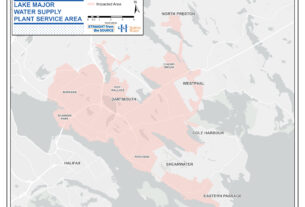**** Natural Resources Release
Repost – Prevent Bear Encounters This Spring
———————————————————
Nova Scotians can take simple steps to avoid attracting bears and other wildlife into their backyards this spring.
Bears have a keen sense of smell and will wander into populated areas if there is easy access to food from people’s activities. Once accustomed to food from humans, bears may return to a property repeatedly. This poses a safety risk and increases potential for human-bear conflict.
“Bears are smart and adaptable animals that will search out easily accessible food sources, even in populated areas. Wild animals should rely on natural diets, which are healthiest,” said Natural Resources and Renewables Minister Tory Rushton. “Human interactions with bears can be unpredictable and potentially dangerous. However, we can coexist with wildlife through proper management of food, waste and other attractants.”
The Department aims to prevent conflict situations by encouraging Nova Scotians to take steps to identify and remove food sources that attract wildlife to homes and cottages:
— regularly clean green bins and garbage containers with warm, soapy water to reduce odours
— store garbage and green bins inside until the morning of collection
— freeze meat, fish and other foods with strong smells and put them in the bin on collection day
— burn off barbecues and grills at high temperatures after every use and clean them often
— keep pet food indoors
— turn garden compost piles often and add lime to reduce odour
— take down bird feeders and never put out bread, table scraps or other food for birds
— pick fruit from trees and berries as soon as they ripen and clean up food from the ground.
People who see bears near homes or communities should report the sighting to their local Department of Natural Resources and Renewables office or by calling 1-800-565-2224 after regular business hours. People should also get in touch if they are concerned about wildlife damaging property or threatening their safety, or if they see an injured or diseased animal.
Quotes:
“Eliminating bear attractants on your property is the most effective way of reducing the chance of conflict. Being proactive is an important part of coexistence and animal health and welfare. Work with your neighbours, municipality and local Department of Natural Resources and Renewables office to find solutions to minimize wildlife attractants. We want to work with homeowners to address conflict situations before they become problems so we can reduce the number of encounters and keep people and bears safe. We all have a role to play promoting coexistence with wildlife by addressing activities like feeding that put animals at risk.”
– Tricia Fleming, Human-Wildlife Conflict Biologist, Department of Natural Resources and Renewables
Quick Facts:
— Department of Natural Resources and Renewables wildlife biologists and technicians responded to 983 bear incidents in 2021
— black bear (Ursus americanus) is the only bear species in Nova Scotia
— regulations to address situations where people or wildlife are at high risk because of feeding will soon be created
Additional Resources:
Contact information for Department of Natural Resources and Renewables offices: https://www.novascotia.ca/natr/staffdir/offices.asp
How to avoid problems with black bears: https://novascotia.ca/natr/wildlife/nuisance/bears.asp
Natural Resources and Renewables on Twitter: https://twitter.com/NS_DNRR




